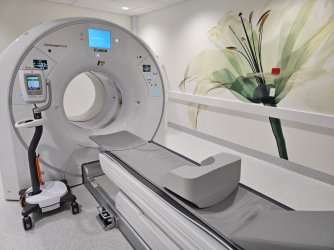prozac
Senior Member
- Joined
- Jan 7, 2010
- Posts
- 6,144
IVIg is scheduled for tomorrow. Following up on the elevated cancer markers mentioned upthread I managed to get a booking reasonably quickly for a PET scan next Wednesday which surprised me. Very happy with timing. Not worried but I rather it did not drag on.
















